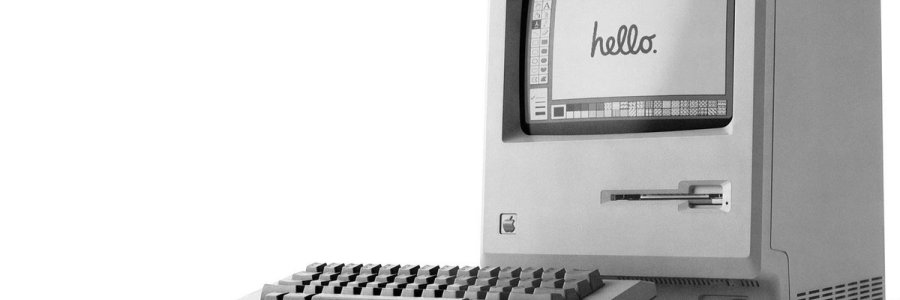Tim Cook: "35 years ago, Macintosh said hello. It changed the way we think about computers and went on to change the world. We love the Mac, and today we’re proud that more people than ever are using it to follow their passions and create the future."
On Thursday, Tim Cook took to Twitter to celebrate the 35th anniversary of the Macintosh, recalling how it changed the world. "35 years ago, Macintosh said hello. It changed the way we think about computers and went on to change the world. We love the Mac, and today weâ(TM)re proud that more people than ever are using it to follow their passions and create the future," Cook tweeted. The Register provides a brief history lesson on how the Mac changed how users interact with computers. Here is an excerpt from the report:
After the disastrous debut of the Lisa, and the abject failure of the Apple III, it was down to the Steve Jobs-led Macintosh project to save the day for the troubled computer manufacturer. Rival IBM had launched the Personal Computer XT just under a year earlier, in March 1983, with up to 640KB of RAM and a mighty Intel 8088 CPU. It also included PC-DOS 2, which would go on to underpin Microsoft's operating system efforts in subsequent decades. IBM had started to rule the PC industry, but what the IBM PC XT did not have was a graphical user interface, sticking instead with the sober command line of DOS. The Macintosh, on the other hand, had a GUI lifted from Apple's ill-fated Lisa project, except (and unusually, as things would turn out) retailed at a lower price of $2,495 (just over $6,000 in today's money). It ran faster than the Lisa too, with its Motorola 68000 CPU clocked at 7.8MHz.
The good news ended there. The machine shipped with a woeful 128KB of RAM, which was shared with the black and white 512 x 342 pixel display built into the box. That 128KB was resolutely not upgradable, and fans would have to wait until September for Apple to unleash a 512KB version for another $300. The only storage provided was a single 400KB 3 1/2;-inch disk, an improvement over the 360KB 5¼-inch floppies of IBM's PC XT and the nature of the box meant that any extra storage would have to be external. Users became quickly accustomed to swapping floppies in order to do what little useful work the pitiful 128K would afford. Third parties eventually launched hard drives for the machines, which had to be attached via the serial port. Apple would make a 20MB drive in the form of the Hard Disk 20 available in September 1985 for the 512KB Mac at a cost of $1,495. Owners of the original 128K Mac, however, needed not apply. The limited RAM made the new Hierarchical File System a non-starter.
 English
English
 Deutsch
Deutsch
 Português
Português
